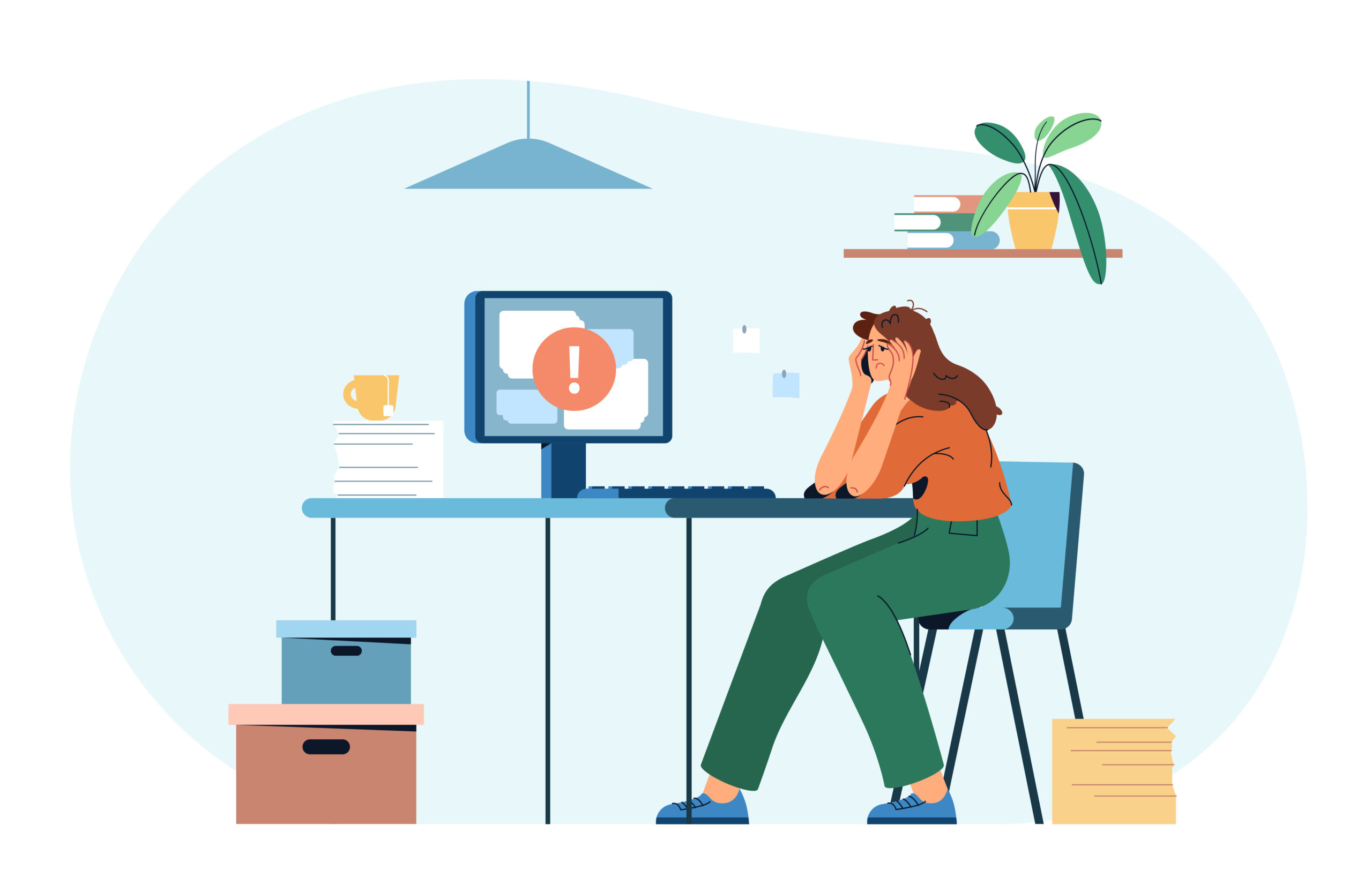In today’s increasingly digital world, home computer users encounter a wide range of challenges that can slow down productivity and cause frustration. From slow internet speeds to security threats, understanding these common problems and how to fix them can make your computing experience smoother and more secure. In this article, we’ll explore the top five issues home computer users face today and provide practical solutions to address them.
1. Slow Internet Speeds
Problem: Slow internet speeds are a frequent frustration for home computer users, making it difficult to browse the web, stream videos, or work from home efficiently. Causes range from outdated routers to network congestion.
Solution:
- Check Your Connection: Test your internet speed using online tools like Speedtest. Compare the results with the speed promised by your ISP (Internet Service Provider).
- Restart Your Router: Often, rebooting your router can refresh your connection and improve speed.
- Upgrade Your Equipment: Ensure your router is up-to-date and supports the speed you’re paying for. Consider upgrading to a dual-band router that supports both 2.4 GHz and 5 GHz signals for better performance.
- Optimize Wi-Fi Placement: Place your router in a central location, away from walls and interference from devices like microwaves and cordless phones.
2. Frequent Computer Freezes and Crashes
Problem: Random computer freezes or crashes can disrupt your work and result in lost data. This issue is often caused by hardware failures, software conflicts, or insufficient system resources.
Solution:
- Check for Hardware Issues: Use built-in diagnostics like the Windows Memory Diagnostic tool to check for failing hardware, such as faulty RAM.
- Update Your Software: Ensure that your operating system, drivers, and software are all up-to-date. Outdated software can conflict with other programs and cause instability.
- Scan for Malware: Viruses and malware can cause your system to crash. Run a thorough scan using reliable antivirus software, like Malwarebytes.
- Free Up System Resources: If your computer doesn’t have enough RAM, upgrade it. Also, limit the number of applications running simultaneously to avoid overwhelming your system.
3. Slow Computer Performance
Problem: Over time, computers can slow down due to various reasons, such as too many background programs, fragmented hard drives, or limited storage space.
Solution:
- Uninstall Unnecessary Programs: Remove programs that you no longer use. Go to your Control Panel (Windows) or Applications (macOS) and uninstall unused software to free up resources.
- Disable Startup Programs: Too many startup programs can drastically slow down your boot time. Use the Task Manager (Windows) or System Preferences (macOS) to disable unnecessary startup applications.
- Defragment Your Hard Drive: Regularly defragmenting your hard drive can improve performance. Use the built-in Disk Defragmenter (Windows) or Optimize Storage (macOS).
- Upgrade to an SSD: Replacing a traditional hard drive with a Solid State Drive (SSD) can significantly boost performance, especially for older computers.
4. Security Threats (Viruses, Malware, Phishing)
Problem: Security threats like viruses, malware, and phishing attacks are becoming more sophisticated, posing risks to personal data and privacy. Without proper security measures, users may fall victim to identity theft or data breaches.
Solution:
- Install Antivirus Software: Use a reliable antivirus program like Norton or Bitdefender to scan and protect your computer from malware and viruses.
- Enable a Firewall: A firewall can help protect your system from unauthorized access. Both Windows and macOS have built-in firewalls that should be enabled for an extra layer of protection.
- Beware of Phishing Emails: Never click on suspicious links in emails. Phishing attempts can look legitimate but are often designed to steal your sensitive information. For more tips on spotting phishing emails, check out Google’s advice on phishing protection.
- Keep Your System Updated: Ensure that your operating system and all security-related software are always updated to the latest versions to protect against vulnerabilities.
5. Running Out of Storage Space
Problem: Over time, files, photos, videos, and applications can take up valuable storage space, slowing down your system and leading to performance issues.
Solution:
- Use Cloud Storage: Services like Google Drive, Dropbox, or OneDrive allow you to store files online, freeing up space on your local hard drive.
- Delete Unnecessary Files: Regularly go through your downloads, videos, and other folders to delete files you no longer need. Use tools like Disk Cleanup (Windows) or Storage Management (macOS) to identify large files that can be removed.
- Move Files to External Drives: If you need to keep large files but don’t have space on your internal drive, consider investing in an external hard drive or SSD.
- Optimize Storage: Many operating systems, including macOS, have built-in features to optimize storage by automatically removing old files and clearing temporary files.
Final Thoughts
These common issues can affect any home computer user, but with a proactive approach and the right solutions, you can keep your system running smoothly and securely. By addressing these problems, you can improve performance, enhance security, and make your computer experience far more enjoyable. For additional tips and in-depth guides, consider checking out trusted resources like Microsoft’s Windows Support or Apple’s Mac Support.
Whether you’re dealing with slow internet, crashes, or security risks, implementing these solutions will help you overcome many of the frustrations that home computer users face today.
If you have any further questions or need assistance, we do offer remote support service. Contact us for rates.
